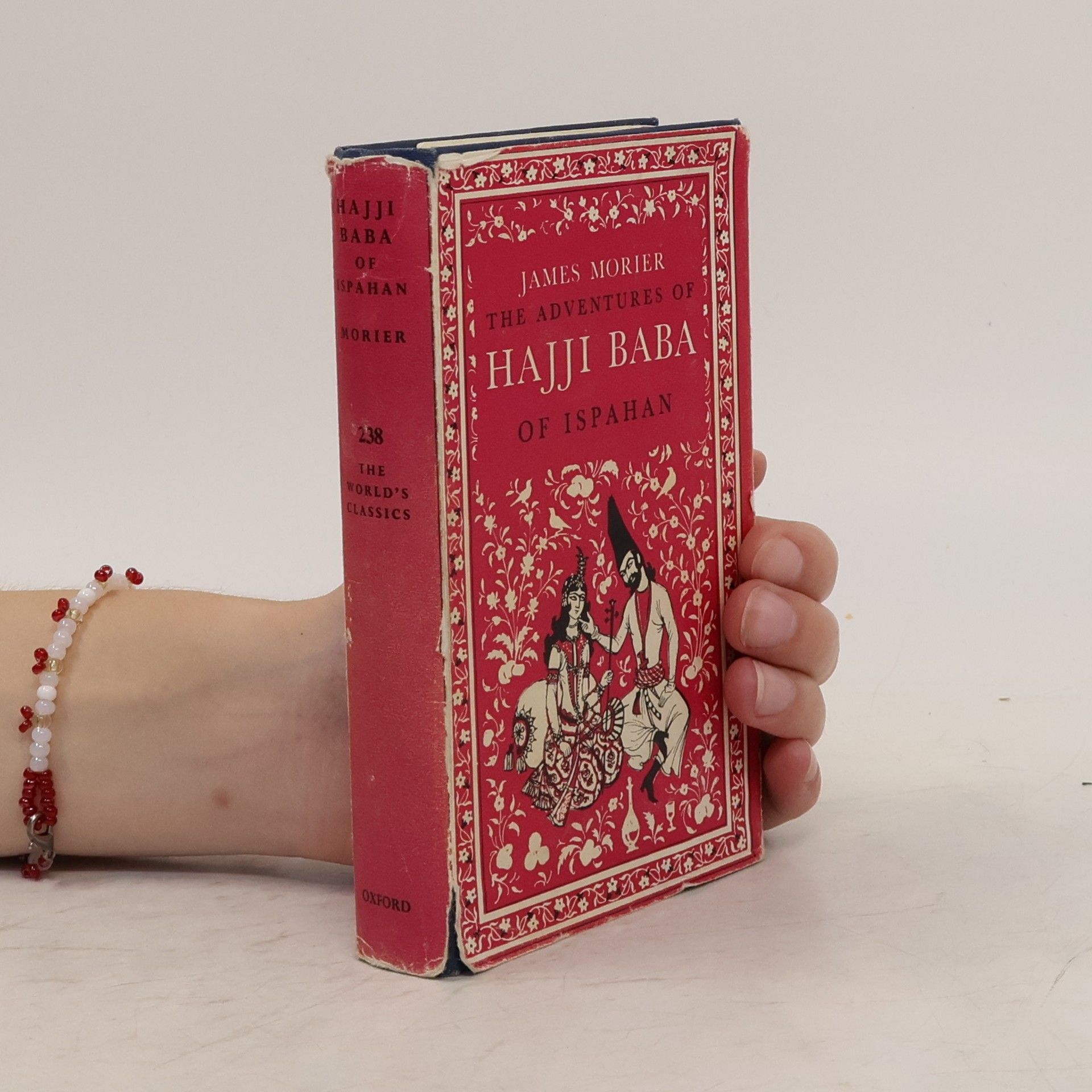James Morier Livres
James Justinian Morier fut un auteur, diplomate et aventurier anglais, réputé pour ses récits de voyage et ses narrations venues d'Orient. Ses œuvres puisent dans ses riches expériences acquises lors de son service diplomatique en Perse. Morier excellait à capturer les coutumes locales, la culture et l'atmosphère, offrant aux lecteurs une représentation vivante de terres lointaines. Son écriture est appréciée pour son authenticité et son style captivant, qui plonge les lecteurs dans des mondes alors souvent inconnus de beaucoup.





A Journey Through Persia, Armenia, and Asia Minor, to Constantinople in the Years 1808 and 1809
- 300pages
- 11 heures de lecture
This collection of literature attempts to compile many of the classic works that have stood the test of time and offer them at a reduced, affordable price, in an attractive volume so that everyone can enjoy them.
Wenn Hadschi Baba mit den Engländern reiste, war er darüber erstaunt, dass sie ihre Reiseerlebnisse und Erfahrungen sorgfältig in Heften aufzuschreiben pflegten, um nach der Rückkehr ihren Landsleuten davon zu berichten und diese somit auch mit den entlegensten Regionen des Erdballs vertraut machten. Diesem Beispiel folgte der Perser Hadschi Baba und schrieb während seines Aufenthaltes in Konstantinopel seine Lebensgeschichte nieder, die, obwohl sie die Erlebnisse eines eher obskuren und gewöhnlichen Individuums enthält, doch so voller Widersprüchlichkeit, Absonderlichkeiten und Abenteuer war, dass sie – so hoffte Hadschi Baba –, wenn in Europa veröffentlicht, das Interesse der Leserschaft wecken würde. So erzählt Hadschi Baba, der Barbiersohn aus Isphahan, seine erstaunliche Karriere von der Barbierstube bis in den hohen Staatsdienst. Durch Bauernschläue und Verschmitztheit schafft er es, Sekretär des persischen Gesandten zu werden. Im Laufe seines Lebens passt er sich mehr und mehr dem Verhalten der Mächtigen an und versteht es zunehmend, Situationen zum eigenen Vorteil auszunutzen. Als liebenswerter Gauner lernt er, die Spielregeln einer habgierigen und selbstsüchtigen Welt zu seinem eigenen Vorteil zu nutzen, ohne aber dabei zu einem rücksichtslosen oder gefährlichen Schurken zu werden.
Hadži Baba, který se pustil na životní dráhu jako chudý syn isfahánského lazebníka a sluha karavaního kupce z Bagdádu, žene vířivý proud dobrodružství do nejrozmanitějších postavení a situací - že leckdy jen o vlas unikne smrti - a také do všemožných koutů Persie i za její hranice, aždo Bagdádu a do Cařihradu.